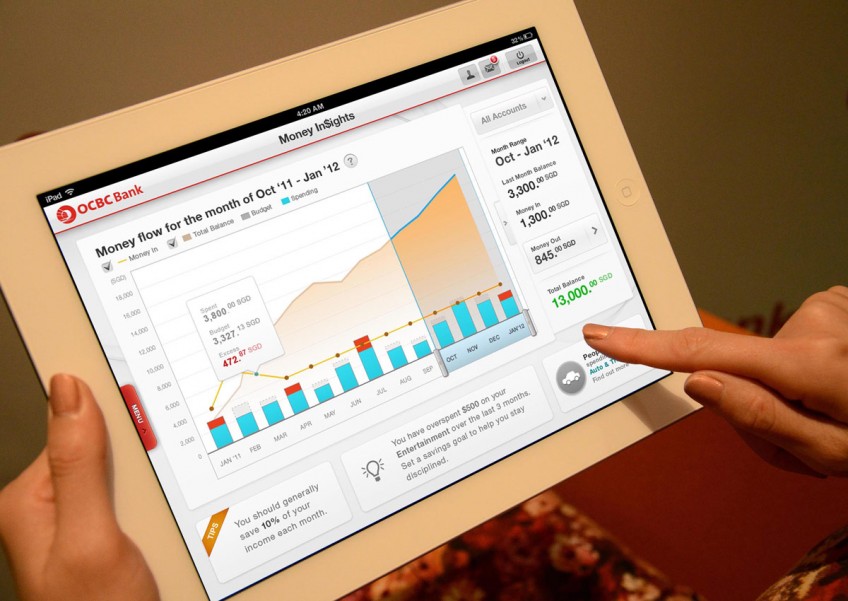Is fintech only for millennials?

Millennials have created a disruption in the banking sector with their use of mobile devices.
A three-year study conducted by Scratch, a creative consultancy firm under Viacom, revealed that one-third of the 10,000 US millennials surveyed prefer getting their financial services and tools from Apple, Google, Paypal, or Amazon.
Why perform business transactions face to face when there are more efficient ways to get the job done?
The trend started with robots replacing assembly line workers.
Now, instead of a dedicated relationship manager, algorithms and data analytics determine financial and investment decisions suited for clients.
Millennials and fintech
Millennials are the largest generation of workforce in Singapore today, according to Aon Hewitt, a human resource consultancy.
22 per cent of residents, approximately 1.2 million people, are millennials.
According to Rick Yang, a partner in one of the oldest venture capital firms in the world, New Enterprises Associates, consumer behaviour and trust saw a huge shift after the financial crisis in 2008.
It adversely impacted the millennial generation where older millennials were thrown into a landscape of scarce jobs and the younger millennials were knee-deep in student debt.
These environments fostered a sense of distrust in traditional banking systems and services.
They now trust financial services offered through technology more.
Innovators in Singapore are now satisfying young consumers' needs in areas where many banks and other financial institutions are less equipped, such as mobile payments, crowdfunding, personal loans, and the like.
Alyse Killeen, a venture capital investor, said in an interview that for every value or product a bank offers, "there are 20 to 30 startups attacking that very value and offering new products."
So, who is fintech for?
Let's take a look at some fintech startup founders:
Cynthia Siantar, the co-founder of startup Call Levels, made it to the Forbes 30 Under 30 Asia list last year. Call Levels monitors financial and business data.
The CEO and founder of M-Daq, Richard Koh, has more than 30 years of experience in the industry with a background in Infocomm, treasury, and ecommerce, spanning across Asia Pacific. M-Daq focuses on making cross-border transactions more efficient.
Call Levels closed their pre-series Round A Funding with US$500,000 and M-Daq received over US$80 million in funding in series C Round.
Both these startups, among many others, have demonstrated the onus to raise capital and funding regardless of which generation the founders belong to.
At Bank Bazaar, a 42-year-old Heng Wui Liang, who is now leading the company's operations in Singapore, worked for a foreign bank to oversee its digital financial services.
While speaking with Channel News Asia, he opined that if he chose to stick to what he was familiar with, he may not have been able to survive 15 years down the line.
This was a good time to learn something new, but he also noted that his age may be PMET's (professionals, managers, executives, and technicians) biggest asset for success at a startup.
These examples prove that age should not be a determinant for joining or even starting your own startup.
People of different ages have their own skills and advantages to bring to the table. Entrepreneurs in their 20s are well versed with what the new generations need.
On the other hand, those in their 40s have specialised knowledge and skill, mental maturity, industry experience, and business networks.
With Singapore being a serious contender to becoming a global fintech leader, the focus should not be on whether the fintech industry is better suited for millennials or non-millennials, but on everyone who has the talent, perseverance, and skill set to meet the job requirements and be molded for the booming ecosystem.